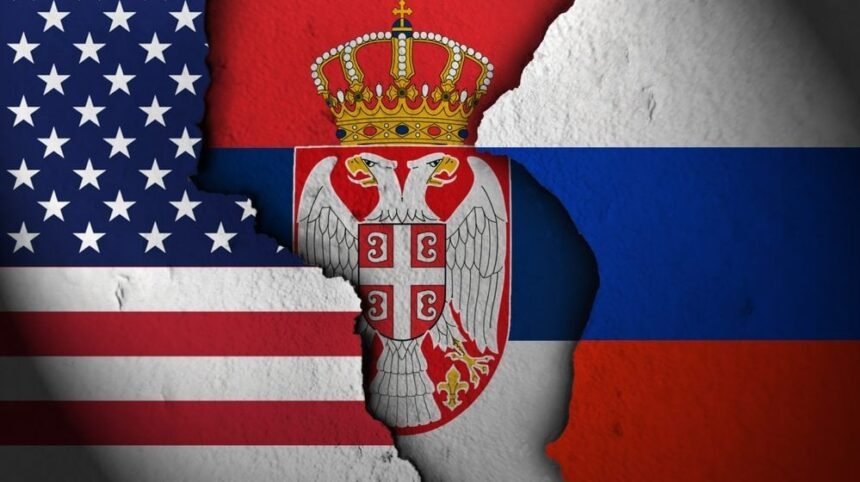As the year-end approaches, Serbia finds itself at the center of an escalating energy crisis, facing growing pressure from both Russia and the United States. The country risks shortages in oil, gas, or both, experts warn.
Last week, U.S. sanctions were imposed on the Serbian Oil Industry (NIS), targeting its Russian majority ownership, marking a significant shift from the 1990s-era UN sanctions. These sanctions, enforced by the U.S. Department of Treasury, are expected to impact both the Serbian economy and citizens, with no immediate resolution in sight. Current fuel reserves are estimated to last only until the end of the year.
Energy experts warn of critical supply issues
According to energy expert Miloš Zdravković, while these are not UN sanctions, they indirectly affect companies that rely on NIS, particularly because NIS can no longer procure oil through JANAF pipelines, which account for around 80% of Serbia’s refined oil supply. Alternative transport methods like rail or trucks would be costly and insufficient.
Zdravković stresses that Serbia’s oil reserves may last only until the end of November, and any disruption at NIS could severely impact the national budget and citizens due to the company’s significant role in employment and the supply chain.
Gas supply adds another layer of complexity
Russia has reportedly offered Serbia gas supplies only until the end of 2025, creating pressure to avoid nationalizing NIS. Serbia’s annual gas consumption of 2.8–3 billion cubic meters cannot be replaced without Russian imports, as alternatives like the Bulgaria–Serbia interconnection can only provide 1.8 billion cubic meters per year.
Economist Bogdan Petrović highlights that secondary U.S. sanctions could force Serbia to pay market prices for gas, ending the current preferential arrangement with Gazprom, which saves hundreds of millions of euros annually. A harsh winter in Europe could exacerbate these costs further.
Potential solutions
Experts suggest possible measures, such as placing non-Russian management at NIS temporarily, similar to Germany’s approach with Rosneft refineries, or buying the Russian stake with conditions for future resale. Both Zdravković and Petrović emphasize that political will from both Russia and the U.S. is essential to prevent Serbia from facing a choice between oil and gas or between Russia and the U.S.
If managed properly, Serbia could maintain gas and oil supplies, though likely at market prices, which would affect heating costs for citizens and electricity prices, as EPS increasingly relies on gas for power production.







